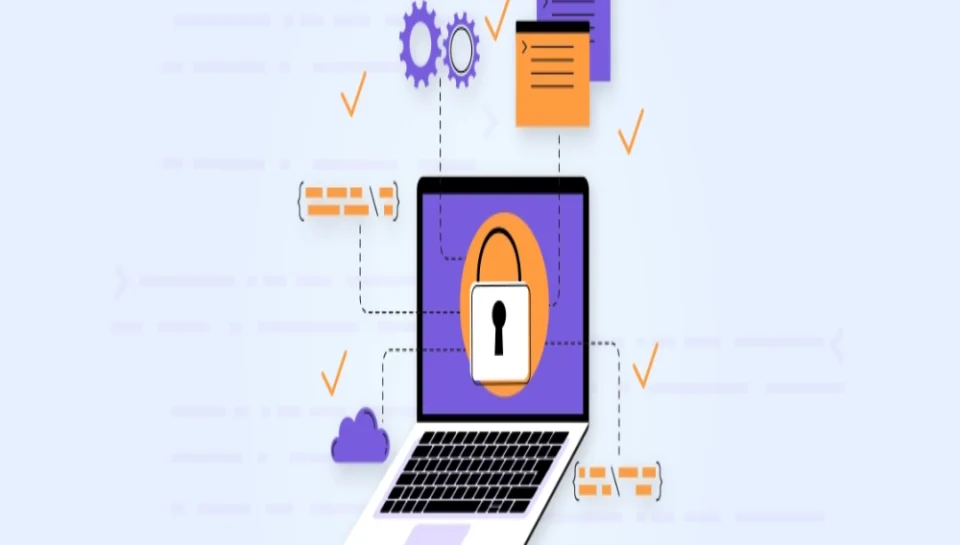
Introduction to Web Security: Why It’s Critical in Today’s Digital Ecosystem
Introduction
In the hyperconnected digital era, where websites serve as business storefronts, information hubs, e-commerce platforms, and community portals, web security has emerged as a non-negotiable pillar of online operations. With cyber threats growing in volume and sophistication, ensuring that websites are protected from breaches, data theft, and malicious activities is not just a technical responsibility—it’s a fundamental aspect of trust, compliance, and sustainability. Web security safeguards users, businesses, and data, forming the foundation of a secure digital ecosystem.
Protecting Sensitive Data
Websites often store and transmit personal information, financial details, and proprietary business data. Without proper security protocols, this data can be intercepted or stolen by cybercriminals. Implementing HTTPS encryption, SSL certificates, and secure data handling policies ensures that sensitive information remains private and inaccessible to unauthorized parties.
Preventing Financial and Reputational Loss
Cyberattacks can result in significant financial damage—from loss of sales and ransom payments to legal fines and recovery costs. Additionally, a single data breach can severely tarnish a brand’s reputation. Web security helps prevent such losses by defending against attacks like phishing, ransomware, and credit card skimming.
Securing E-commerce Transactions
For e-commerce platforms, secure web infrastructure is critical to customer confidence. Features like PCI-DSS compliance, tokenized payments, secure payment gateways, and fraud detection systems ensure that buyers can shop safely. Without such systems in place, trust and conversions drop rapidly.
Maintaining User Trust and Brand Credibility
Users expect websites to be safe. If browsers warn users that a site is “Not Secure,” many will abandon it instantly. Strong web security practices—like showing trust badges, using secure cookies, and maintaining uptime—demonstrate professionalism and reliability, key to brand credibility in today’s competitive digital environment.
Complying with Legal and Regulatory Standards
Governments and industry bodies enforce strict regulations regarding data privacy and cybersecurity. In India, laws such as the Information Technology Act and upcoming Digital Personal Data Protection Act mandate web security for all digital platforms. Non-compliance can lead to audits, penalties, or even shutdowns.
Mitigating Threats like Malware and DDoS Attacks
Websites are frequent targets for malware injection, distributed denial-of-service (DDoS) attacks, and brute-force intrusions. These attacks can render a site unusable, compromise visitor safety, and crash entire servers. Web security tools like firewalls, antivirus scanners, and intrusion detection systems proactively identify and neutralize threats.
Protecting Business Continuity
Downtime caused by attacks or vulnerabilities disrupts operations, affects revenue, and harms customer relationships. Web security systems, coupled with regular backups and disaster recovery plans, help maintain business continuity and ensure that services remain accessible even during cyber incidents.
Supporting SEO and Search Visibility
Search engines prioritize secure websites. Google explicitly favors HTTPS in its ranking algorithm, meaning secure websites perform better in search results. Web security not only protects visitors but also directly influences visibility, click-through rates, and overall digital reach.
Safeguarding Development and Administrative Access
Hackers often target content management systems (CMS) and admin dashboards. Secure login procedures, multi-factor authentication, access controls, and activity monitoring protect backend environments from unauthorized access—keeping the core of the website intact.
Educating Teams and Users
Web security is not just a technological framework—it involves people. Businesses must train staff on safe web practices, phishing awareness, and password hygiene. Similarly, user education about suspicious links and secure browsing habits contributes to a safer digital ecosystem overall.
Conclusion
Web security is the backbone of the digital ecosystem. In an age of increasing connectivity and rising cyber risks, securing websites is essential for protecting data, maintaining trust, and ensuring seamless digital operations. Whether you’re a small business, large enterprise, or public institution, investing in robust web security is not an option—it’s a strategic imperative for long-term success and resilience.
Hashtags
#WebSecurity #DigitalSecurityIndia #CyberSecurity #DataProtection #SecureWebsites #HTTPS #SSLCertificates #EcommerceSecurity #WebsiteCompliance #SecureOnlineTransactions #MalwareProtection #DDoSDefense #BusinessContinuity #PCICompliance #CyberAwareness #ITActIndia #DigitalTrust #WebHostingSecurity #SEOSecurity #SecureWebManagement #AdminAccessControl #CyberSafetyIndia #PhishingProtection #DigitalInfrastructure #SecureYourSite





